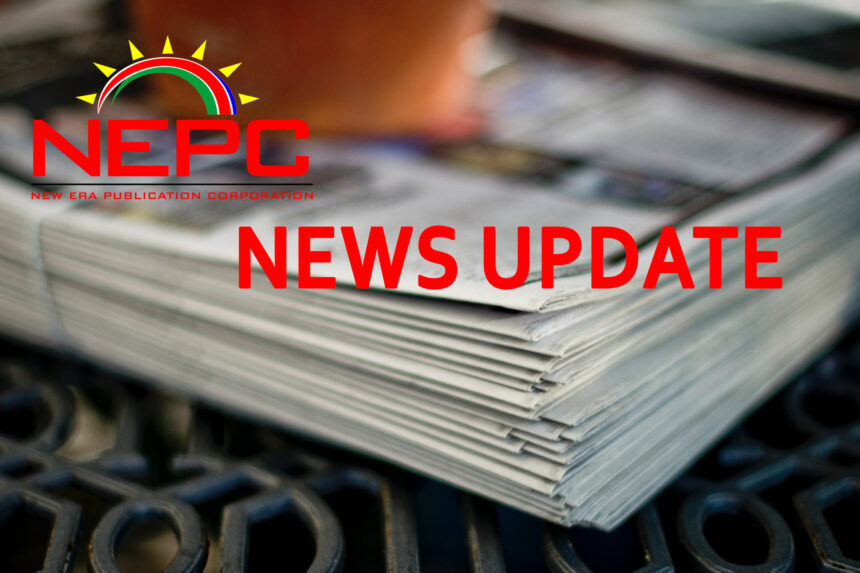A local economist has suggested Namibia splits the upstream and downstream aspects of the oil and gas industries. This, proposed Robin Sherbourne in the Institute for Public Policy Research (IPPR)’s fourth quarter (2023) economic review, would be to ultimately privatise downstream operations as a possible reform method to awaken the State-owned National Petroleum Corporation of Namibia (Namcor).
The downstream sector refers to the refining of crude oil into consumable products and the marketing of these products to commercial or retail end users. Upstream refers to the initial phases of oil and gas production, involving exploration, drilling, and extraction of crude oil and natural gas.
“Namcor’s lack of adequate income streams has led it to rely on an additional levy on fuel consumers. There may be a case for splitting the company into upstream and downstream operations. There is little in the downstream operations that cannot be done by private companies without public subsidy,” Sherbourne recommended.
Namcor is a Namibia’s national oil company mandated to carry out reconnaissance, exploration, and production operations either on its own or in partnership with other organisations in the industry.
In his report, Sherbourne focussed on the fiscal burden placed on the nation’s public finances by underperforming public enterprises (PEs). However, he remains adamant this burden can be reduced since PEs have been a perennial concern since the 1990s when so many new State-owned companies were created.
Meanwhile, Shiwana Ndeunyema, who held the position of Namcor interim managing director last year, recently highlighted that Namcor’s upstream activity is flourishing and has a positive bottom line but admitted that the downstream aspect is facing a myriad of challenges. Among these challenges are a volatile international oil market, as well as a constantly fluctuating currency exchange rate.
As of 31 March 2023, Namcor faced a severe working capital deficit, with creditors owed N$2.5 billion. By September 2023, the corporation managed to reduce this to N$1.9 billion through robust margin and profitability analysis, and strategic debt restructuring.
Also, as at 31 March 2023, Namcor’s unaudited financial statements confirm the entity made an unprecedented net loss of N$700 million, prompting the company to ask for a bail out from government.



